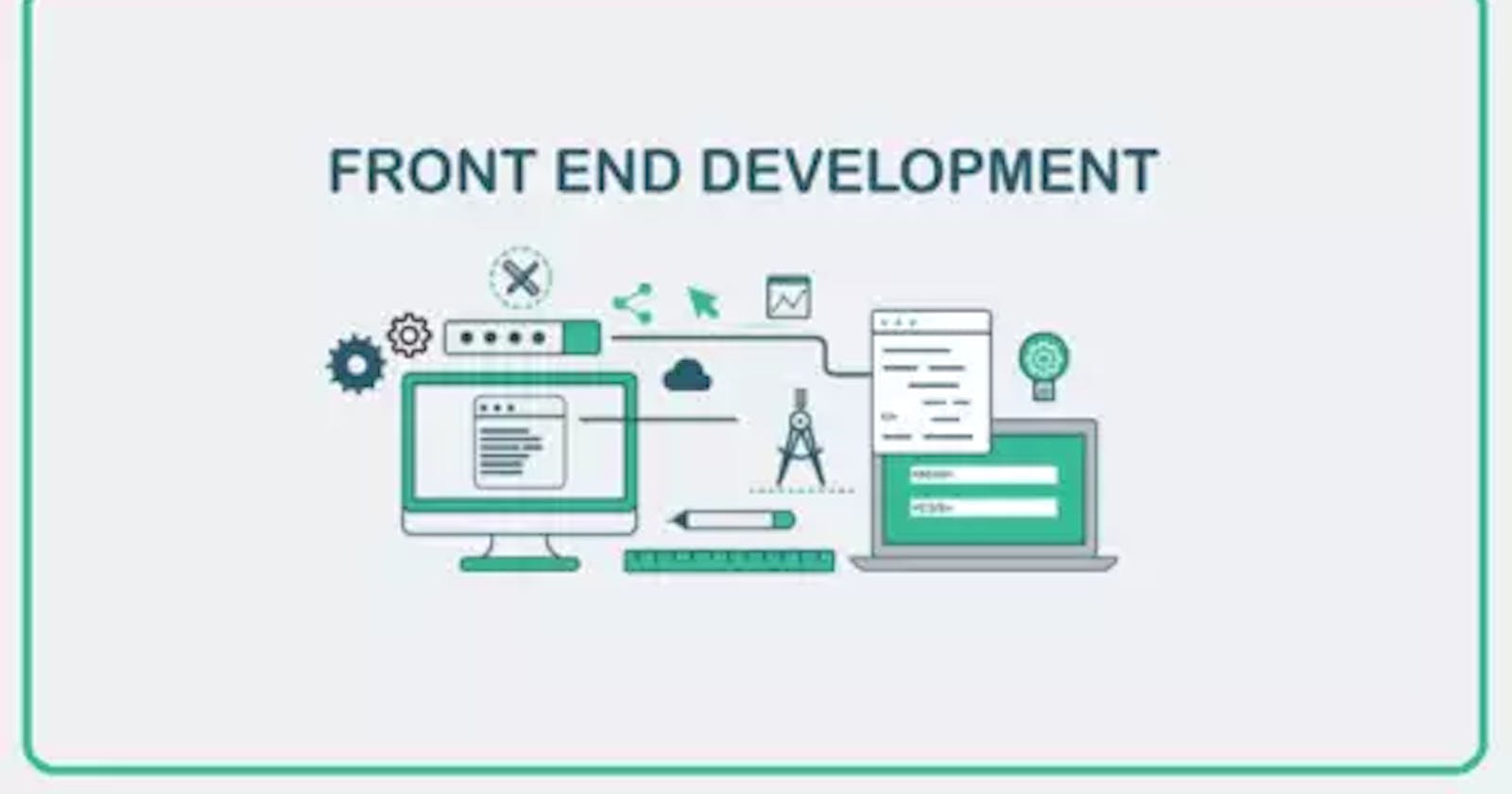Hello and welcome to my blog! 😊
If you are interested in web development, you might have heard of the term "front-end development". But what does it mean exactly? And what do you need to know to become a front-end developer? 🤔
In this post, I will try to answer these questions and give you an overview of this exciting and dynamic field.
Front-end development is the process of creating the user interface of a website or a web application. It involves designing and coding the elements that the user sees and interacts with, such as menus, buttons, forms, images, animations, etc. Front-end development is also responsible for ensuring that the website or web application is responsive, meaning that it adapts to different screen sizes and devices.🖥️
Front-end development is a crucial part of web development, as it determines how the user interacts with the website or web application and how they perceive its quality and functionality. A good front-end developer should be able to create user interfaces that are attractive, intuitive, accessible, and fast.A bad front-end developer can create frustrating, boring, or confusing interfaces that drive users away.😬
To become a front-end developer, you need to master a set of skills and technologies that are constantly evolving. The most essential skills are HTML, CSS, and JavaScript, which are the building blocks of any web page. HTML defines the structure and content of the web page, CSS controls the appearance and layout of the web page, and JavaScript adds interactivity and logic to the web page.
But that's not all. You also need to learn how to use various tools and frameworks that can help you create better front-end solutions. For example, you might want to use a code editor like VS Code or Sublime Text to write and edit your code more efficiently. You might want to use a browser dev tool like Chrome DevTools or Firefox Developer Tools to inspect and debug your code in real-time. You might want to use a version control system like Git or SVN to manage your code changes and collaborate with other developers. You might want to use a front-end framework like React or Angular to create dynamic and complex user interfaces with less code. 🛠️Some of the most popular ones are:
Bootstrap: A CSS framework that provides ready-made components and templates for creating responsive websites.
jQuery: A JavaScript library that simplifies common tasks such as manipulating the DOM (Document Object Model), handling events, making AJAX (Asynchronous JavaScript and XML) requests, etc.
React: A JavaScript library that allows you to create reusable UI components and manage their state using a declarative syntax.
Angular: A JavaScript framework that enables you to create single-page applications using a model-view-controller (MVC) architecture.
Vue: A JavaScript framework that focuses on simplicity and performance, allowing you to create reactive UI components using a template syntax.
Of course, there's always more to learn and improve as a front-end developer. You might want to explore topics like web design principles, web accessibility standards, web performance optimization, web security best practices, etc.Additionally, you need to have a good sense of design and usability, as well as an eye for detail and quality. 🎨
You might want to keep up with the latest trends and innovations in front-end development by reading blogs, watching videos, listening to podcasts, attending events, etc.The important thing is to keep learning and updating your skills as new technologies emerge.
Front-end development is an exciting and rewarding career path that offers many opportunities for creativity, problem-solving, and learning. If you're passionate about creating amazing user experiences on the web, then front-end development might be for you. I hope this post has given you some insight into what front-end development is and how to get started. If you are interested in learning more about this topic, stay tuned for my next posts where I will dive deeper into each of the skills and technologies mentioned above. Thank you for reading!😊
